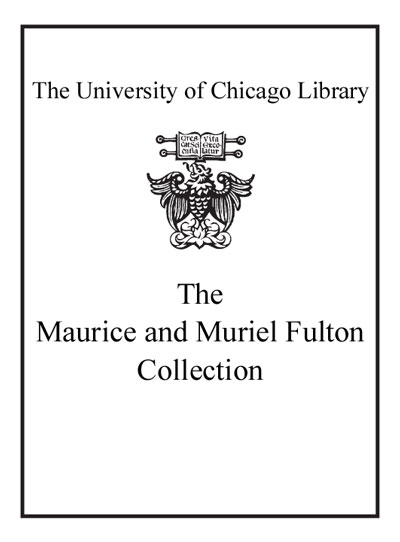Review by Choice Review
The early Ottomans are often described as Islamic conquerors who expanded into the Balkans, living off the tribute they squeezed from the conquered peoples. It would seem as though they had no idea about either trade or economic activity. Fleet changes this perception of the Ottomans in the 14th and early 15th centuries by examining their commerce with Genoa. She relies primarily on sources in the Genovese state archives (as there are few Ottoman documents for this period) and presents a detailed account of economic activity between the two states. Thus from the very origins of the Ottoman state, trade was of immense importance to the sultans, and their policy of territorial expansion was influenced partly by their desire to control trade routes. The commodities they exchanged included slaves, grain from Anatolia (described in Western sources as Turchia), wine, alum, cotton and cloth, and metals, including copper. This trade, according to Fleet, contributed "to the early development and success of the Ottoman state." Fleet's rigorously researched monograph will alter the way the history of the Ottomans is perceived and may erode many long-established stereotypes. Upper-division undergraduates and above. F. Ahmad; University of Massachusetts at Boston
Copyright American Library Association, used with permission.
Review by Choice Review

